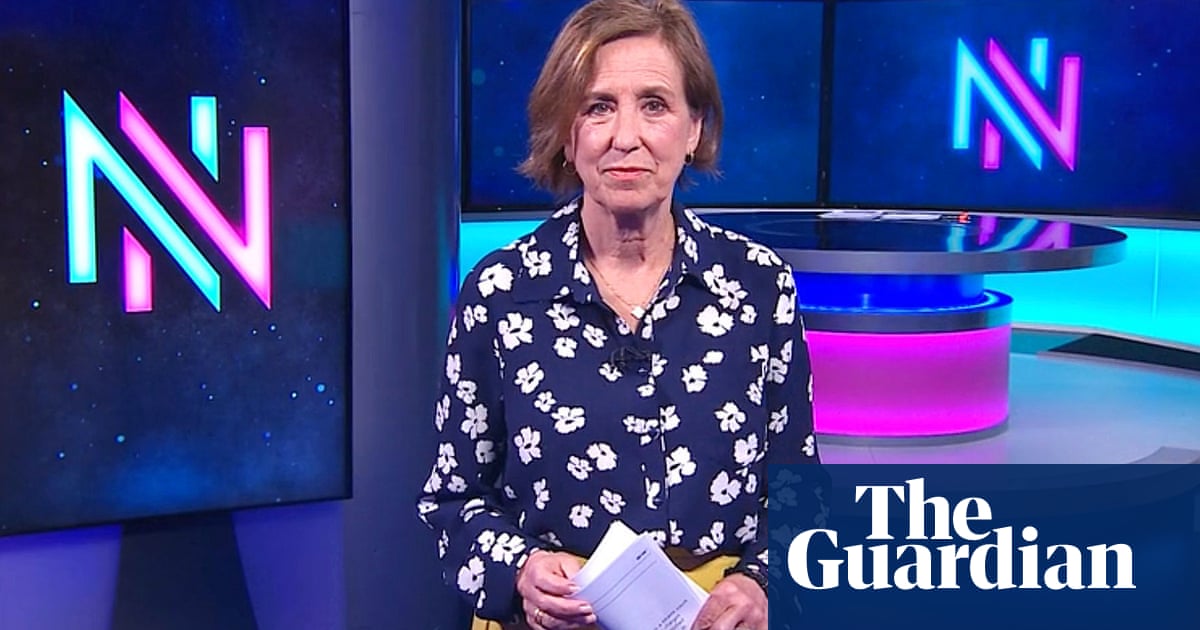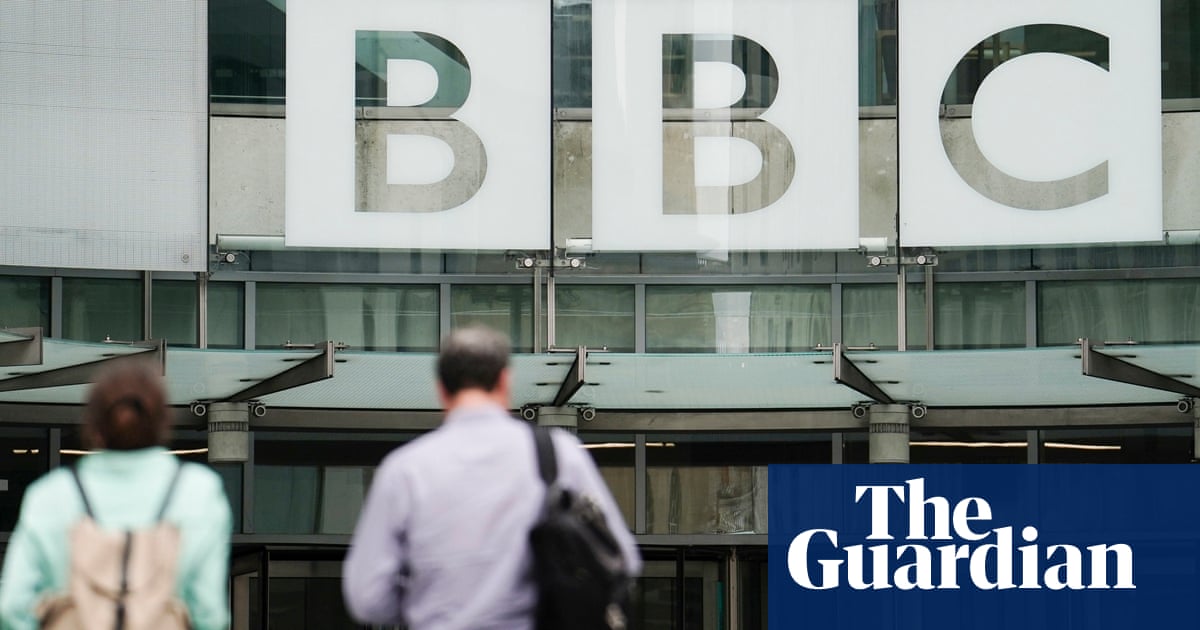
Britons could be paying the television licence fee until 2038, according to a group of MPs who say the government has failed to devise a better way of funding the BBC.
The licence fee, levied on households that watch live television or use the iPlayer service, subsidises the public service broadcaster and Welsh channel S4C. The charge has been increasingly seen as anachronistic, given the shift towards watching streaming services on multiple devices rather than live television, but there is no consensus on how best to replace it.
As a result, the digital, culture, media and sport select committee has suggested it is incumbent on the government to propose a new BBC funding method quickly, or commit to the existing model when it comes to issuing the broadcaster with a new decade-long Royal Charter in 2028.
“The government either needs to come out with a strong alternative to the licence fee that it can put to parliament, or strongly support the current model for at least the next charter period (2028-2038) and actively aid the BBC in driving down evasion,” they concluded.
The number of households who say they do not need a TV licence has continued to creep up in recent years, while many younger viewers are spending more time watching the likes of Netflix and YouTube than traditional channels.
Many other European countries have abolished their licence fee and moved to either imposing a universal household tax or funding broadcasters with a direct grant from the government.
The MPs concluded that the shift to a different model in the UK would involve disruption and could allow opponents of the BBC to raise questions about its entire future. As a result, they decided that “on balance, the licence fee remains the preferred option”.
The committee also criticised the government for floating the idea of decriminalising non-payment of the licence fee last year, a proposal that has now been dropped.
They raised concerns that the threat had been used as a bargaining chip by government to change BBC policy and “thereby [to] undermine one of the core principles of public service broadcasting: that it should be removed from government interference”.
The committee said there was also a real concern that the UK’s public service broadcasters – BBC, ITV, Channel 4, Channel 4 and S4C – are increasingly difficult for consumers to find on modern television sets, because the likes of Netflix and Amazon pay manufacturers to promote their apps.
The MPs said the government should intervene to ensure British channels are more prominent, echoing calls from the BBC to force television manufacturers to promote its content.
A BBC spokesperson said: “We welcome this thorough and detailed report. It is an endorsement of the crucial role played by public service broadcasters and the BBC as well as a clear call to build a strong future. We welcome the conclusion that the licence fee is the best way of funding a universal BBC.”












